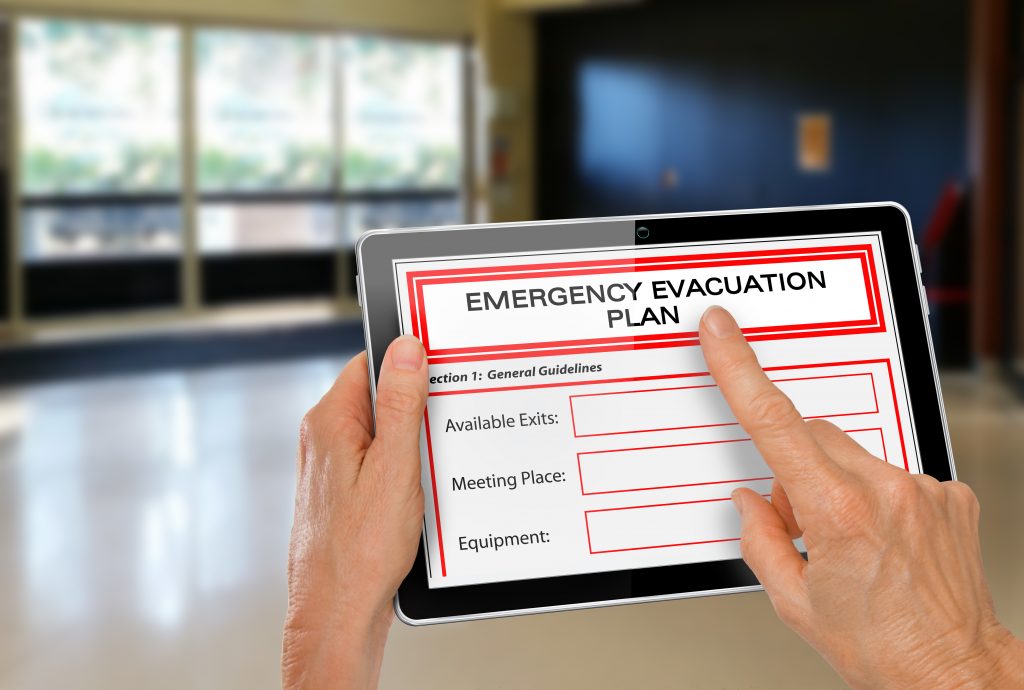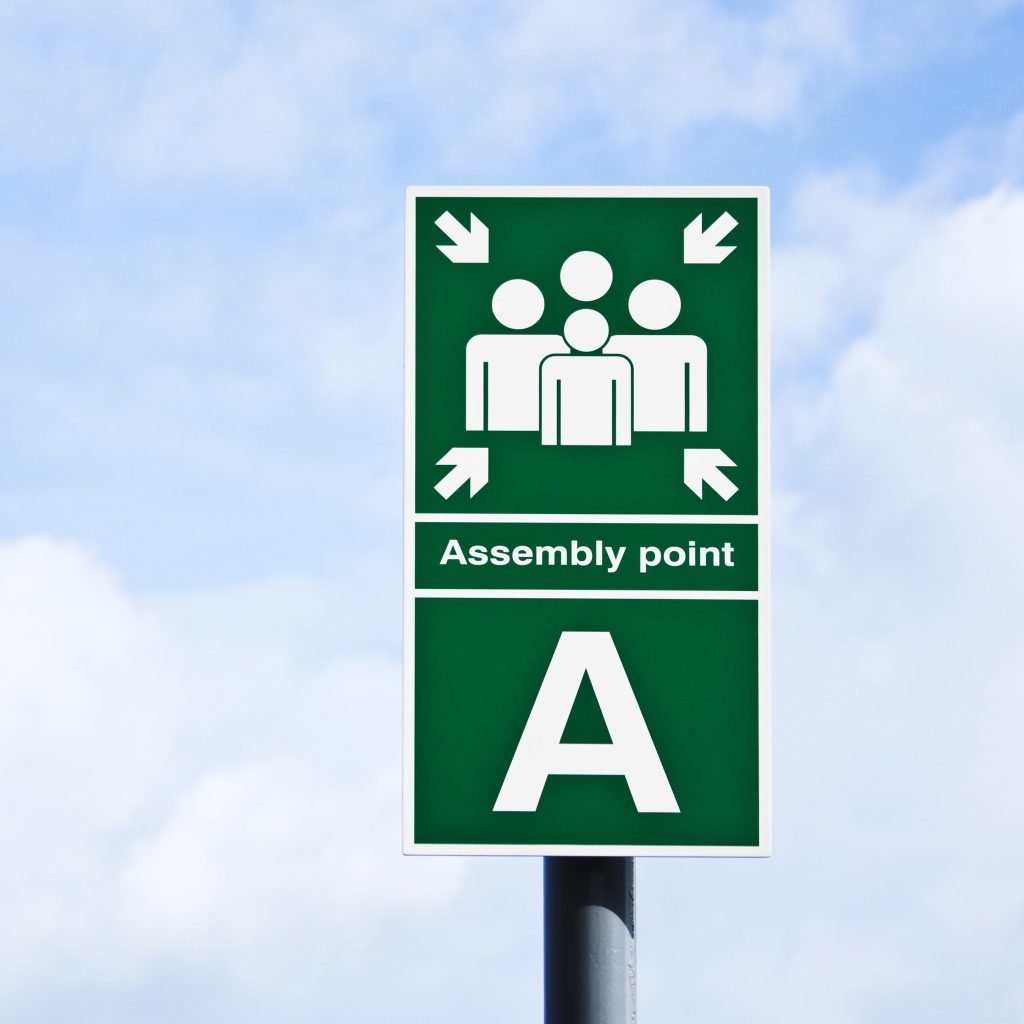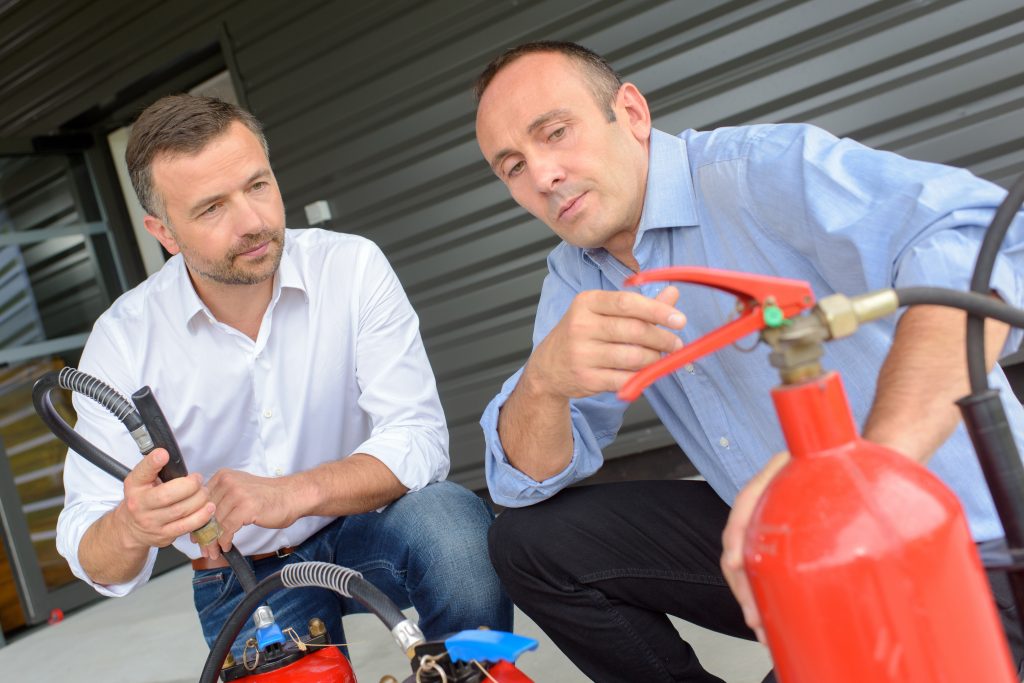Fire Drills at Work

If you have ever been, or still are a Fire Marshal, you will be aware of the fire drills at work and will have to regularly test the fire system and evacuate the workplace. This is an extremely important safety requirement. On the other hand, if you are about to become a fire marshal, there are many things you need to be aware of. Although the appropriate skills and best practices come under fire marshal training, unfortunately, it doesn’t cover how to deal with awkward people when you insist they exit the building! We think you can live with that, though.
We fully understand that a fire test is disruptive, inconvenient and occasionally downright cold and miserable, so of course, people are going to be resistant to doing them. Given the choice, we think we would all rather go about our business without the interruptions. However, in the event of a serious fire, this simple test could save many lives.
Are Fire Drills Needed or Beneficial?
The fire drill is about a lot more than testing the alarm. If used properly it should prepare the staff for an actual emergency and also help inform and improve good practice in the safety team. Most fire drills at work are performed unexpectedly so the staff have no idea if it is real or not, but a significant number will remain at their posts until a Marshal appears to tell them to leave. Worse still a minority will actually go and look for evidence of a fire before accepting the situation.
Clearly, hearing the alarm is not enough for people to react appropriately. The reluctance people demonstrate when asked to leave their workplace for a fire drill is ironically a good indicator of the value of having the Fire Marshal and the drill itself.
Used correctly a fire drill will raise awareness of the exit routes, the safety procedures and the role of the Marshall in the staff. For the fire safety team, it should be analysed for effectiveness and areas for improvement, test the quality of current practice and feed into a revision of the fire risk assessment if needed.
Fire Precautions
You should always also bear in mind that there will be a legal requirement for a workplace to comply with The Regulatory Reform (Fire Safety) Order 2005. The order clearly requires that general fire precautions are undertaken, this includes:
measures in relation to the arrangements for action to be taken in the event of a fire on the premises, including:
- measures relating to the instruction and training of employees; and
- measures to mitigate the effects of the fire.

Fire Safety Training
We suspect it would be hard to justify that you did comply with the above if you do not train all your employees in fire safety. A good level of training would include the proper procedure should an incident occur as well as general fire safety. Without regular fire drills at work it is difficult to see how you can honestly say your team are fully up to speed.
So, yes, it may occasionally mean being a little bit unpopular because you are the person encouraging people to leave the building, but it could also be the catalyst that encourages a good reaction in a real situation.

